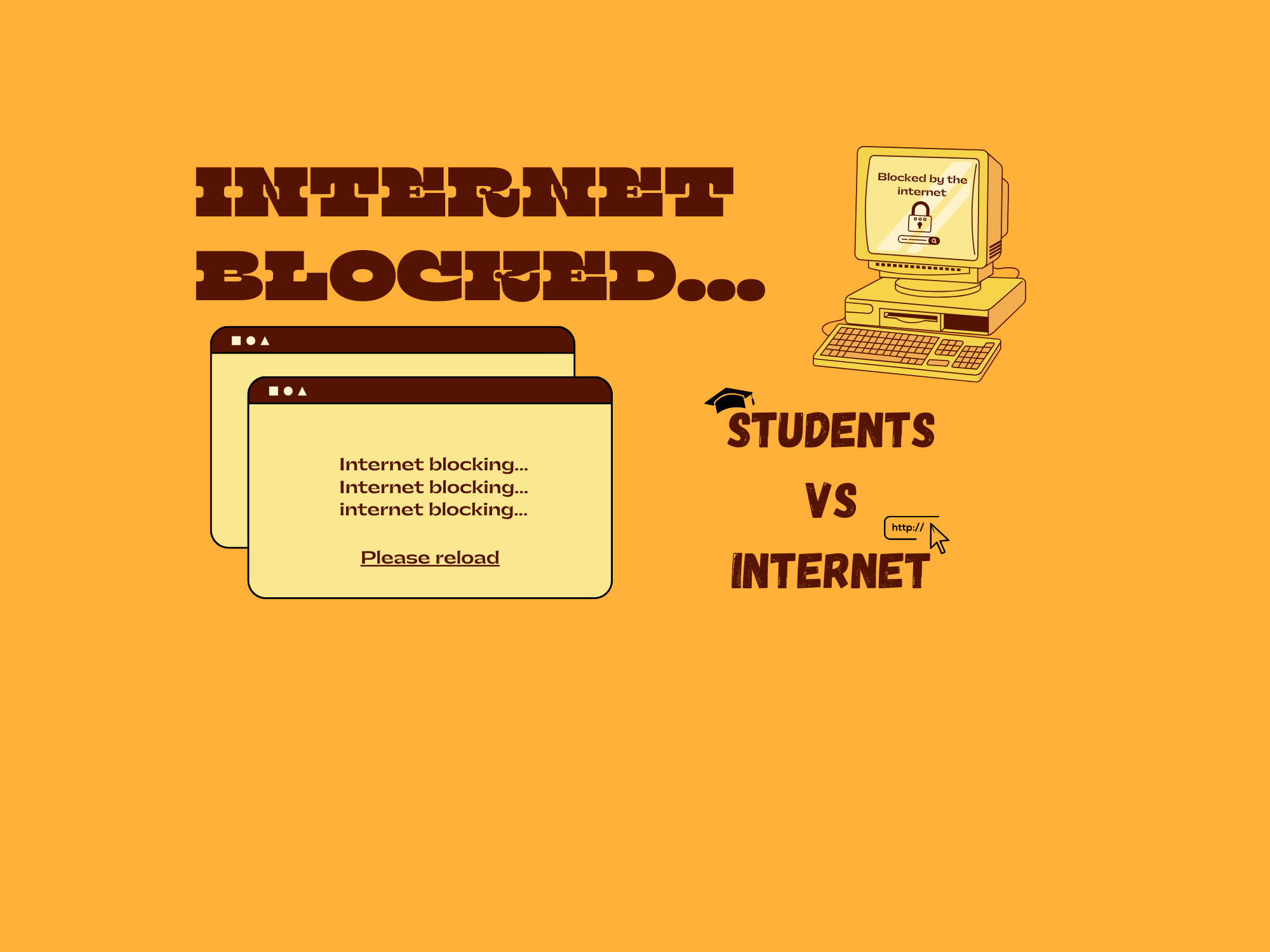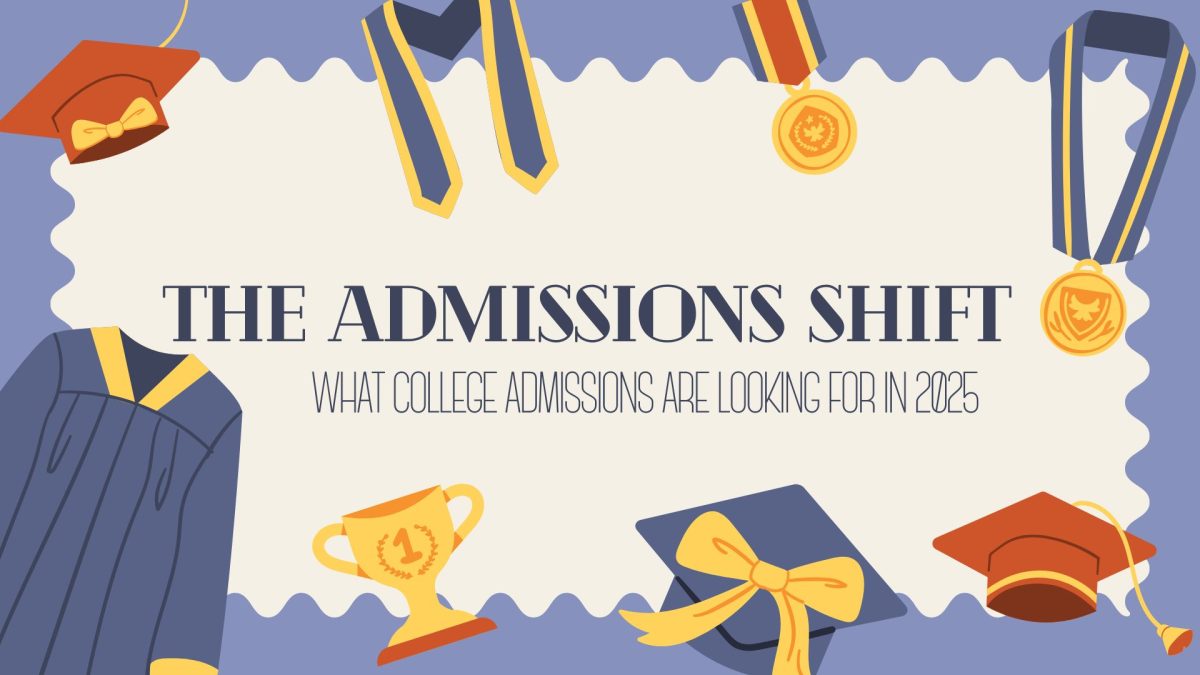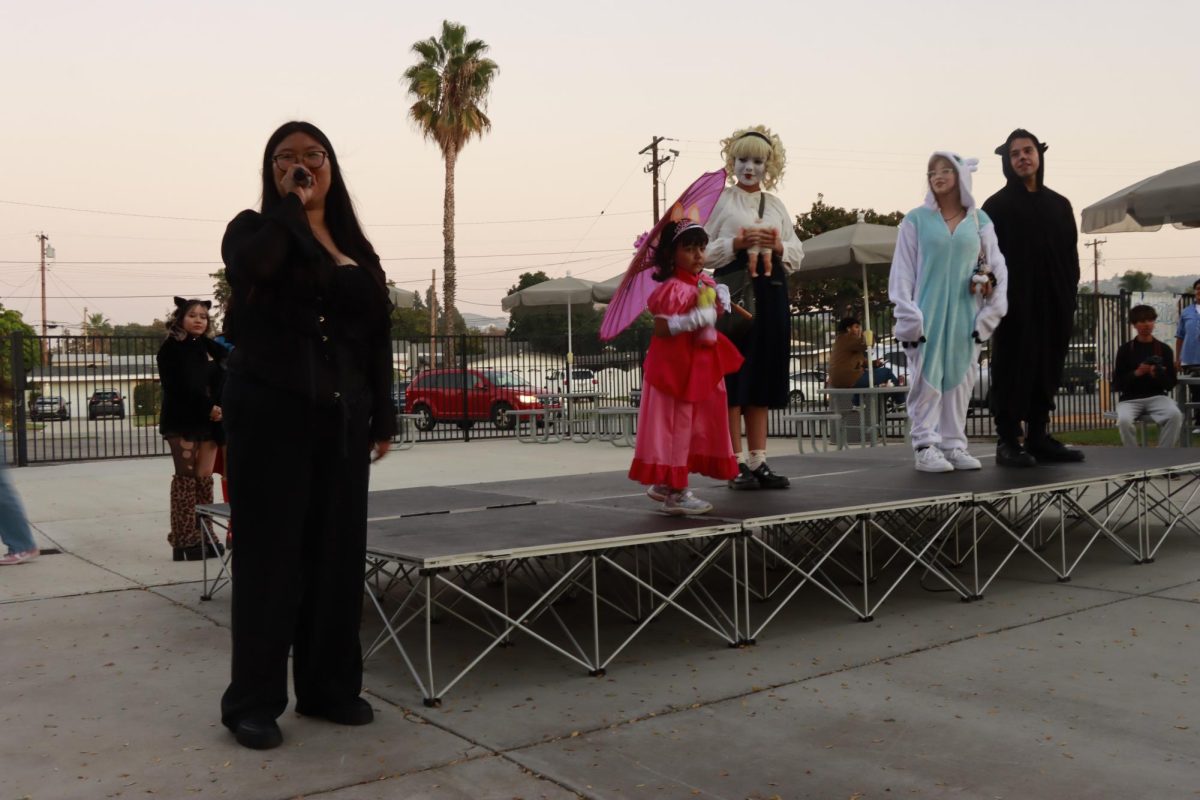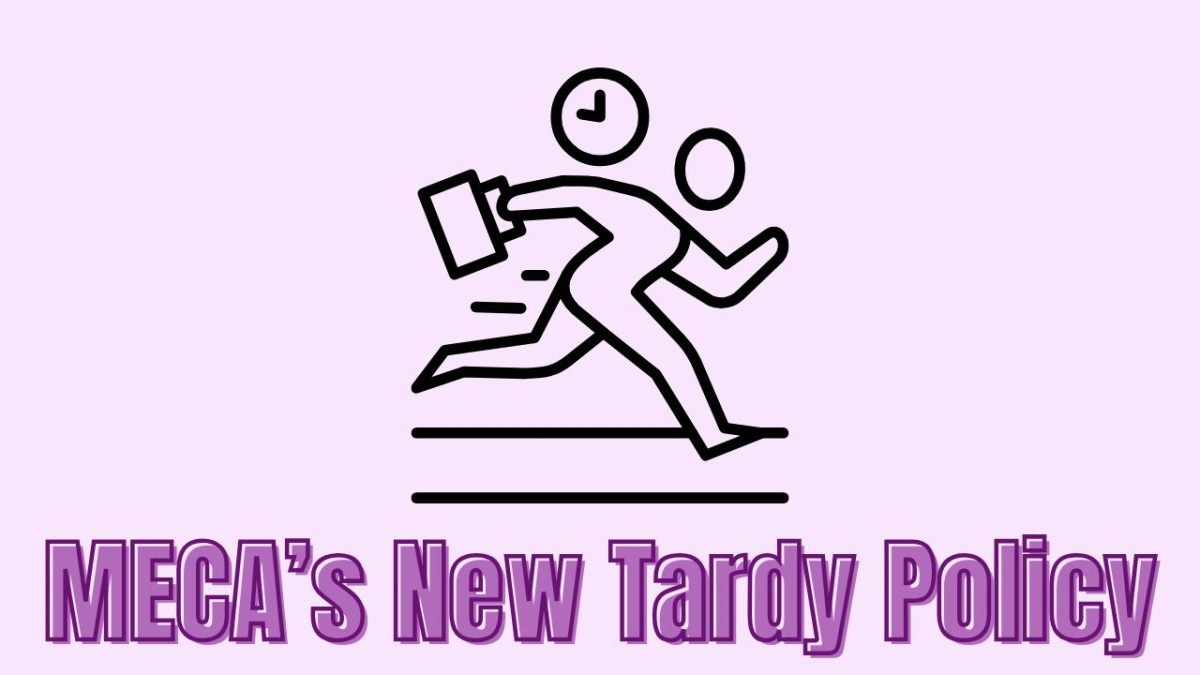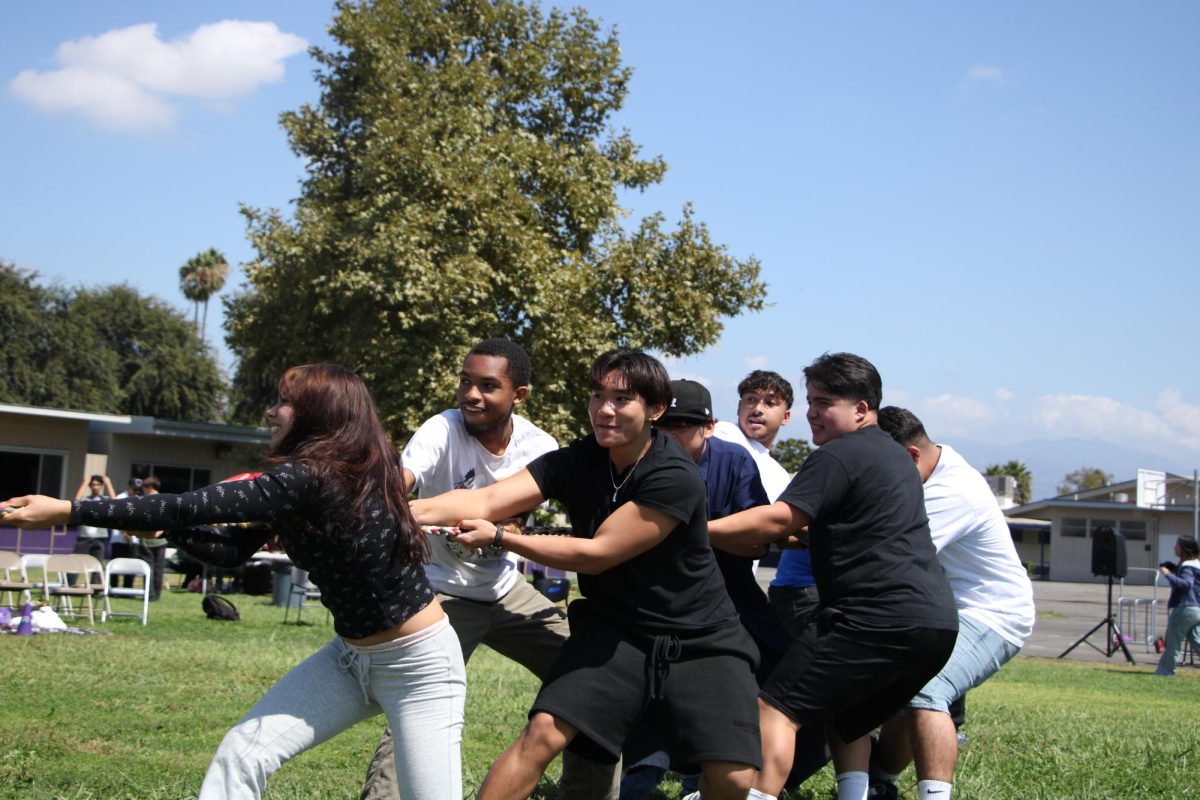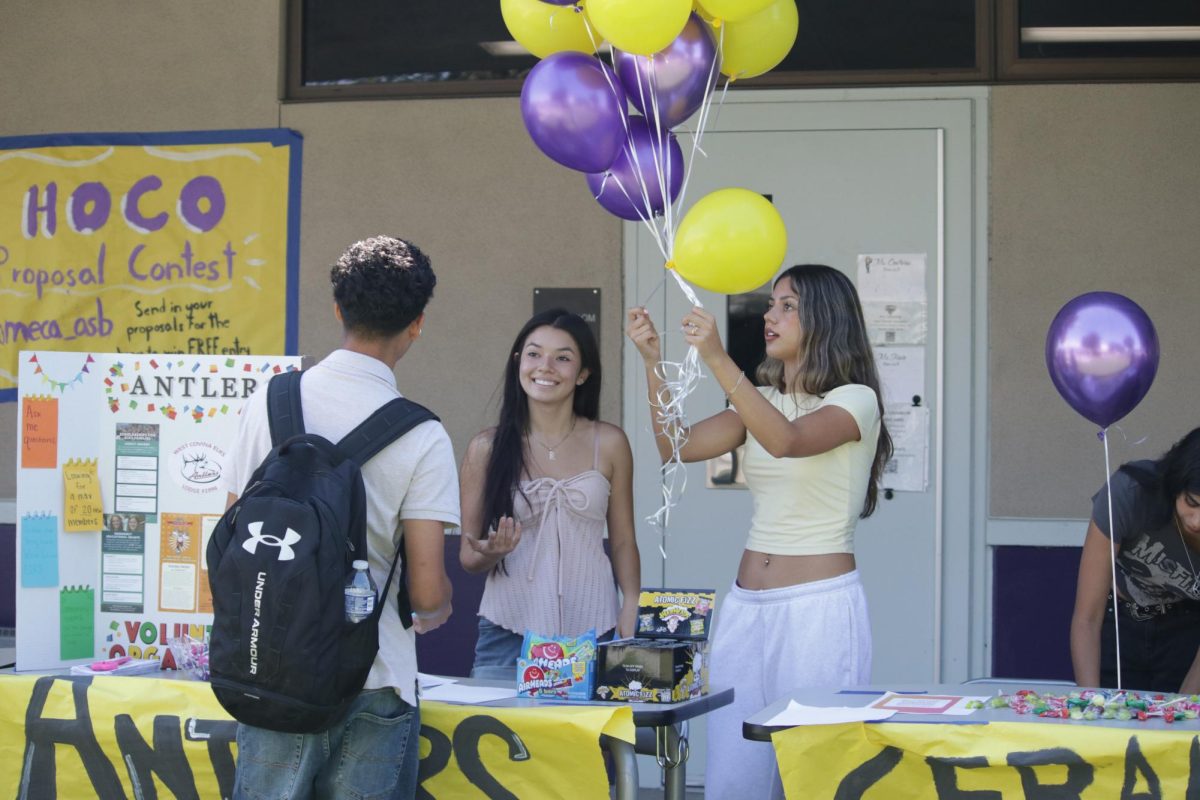In today’s world, the internet is a huge part of daily life, especially in schools. While the internet can be a good place for learning, there are many websites that can be distracting and harmful for students. To keep students focused and safe, many schools use internet-blocking systems. But what exactly is internet blocking, why is it important, and how does it work?
Internet blocking is when a blocking system restricts certain websites or online content from a computer. This happens mostly on school computers, and the school districts usually manage the systems.
The main reason for internet blocking in school is to protect students from inappropriate content and make sure that they use the internet safely. Without any restrictions, students could stumble across inappropriate content and harmful websites. Blocking certain websites also helps students avoid getting distracted and focus in class rather than spending time on social media or playing online games.
In school, internet blocking helps teachers and administrators ensure students use the internet only for educational purposes. It also keeps the school’s network secure from viruses and other security threats that could damage the system or steal personal information.

At WCUSD, the district uses three internet blocking systems: CK Authenticator, Securly, and GoGuardian.
- CK Authenticator: This system is mainly used to verify users and to make sure that only authorized accounts, such as teachers and admin, can access certain websites. It helps keep the internet secure by preventing unauthorized people from accessing our devices. It also helps by preventing students from accessing sites that the teachers can use but the students can’t.
- Securly: Securly is MECA´s main internet blocking system. It blocks websites by categories. It keeps students from accessing inappropriate and dangerous content and makes sure that students can only visit sites that are safe and appropriate for school.
- GoGuardian: GoGuardian is used for teachers to monitor students’ computers live. It helps teachers keep track of student activity during class and ensure they stay on task. If a student is on an off-task website, GoGuardian can alert the teacher and delete the tab. It can also make the student be only on one site if they are in a test.
The pros of internet blocking are mainly safety and security for students. Blocking websites helps protect students from inappropriate and harmful content, ensuring they are safely browsing the internet. World history teacher Gabriel Nichols explains, “Schools are responsible for the safety of all the students… And so by blocking out access, we are blocking out harmful things.”
Internet blocking also protects school computers from viruses and prevents them from leaking students’ personal information. Blocking also helps students avoid getting distracted during class and allows teachers to monitor student computers during tests and quizzes.
While there are a lot of pros for internet blocking, there are also cons. Sometimes, the blocking lets students feel limited, as Micheal Warawita (9) puts it, “I feel [like] they’re limiting me… [we] have no freedom.”
Another con for internet blocking is that students have trouble accessing websites they need to research for a project or assignment. Claire Contreras, a high school counselor at MECA, states that she noticed that “if there are certain sites that professors need, it’s difficult for students to access, like their college coursework.” So, while there are pros to these internet blocking systems, the cons can really disrupt the workflow at school and cause unnecessary roadblocks for students and teachers.
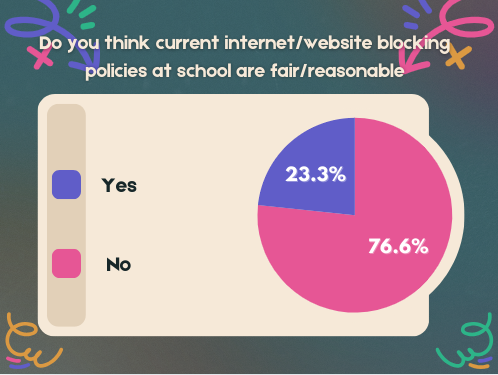
Although these websites are very helpful most of the time, there are some things that these websites could improve on. First of all, over-blocking websites. Many systems block educational or harmless websites alongside harmful content. Schools could refine filters to allow access to resources beneficial for learning while still blocking inappropriate material. Improved AI or algorithms could better identify such distinctions.
This brings up another thing that could be helpful, ease of override for teachers. Teachers often encounter roadblocks when trying to access resources for lessons. For instance, Gabriel Nichols states that for lessons, “I [find] some very good history sites, that when I share with my students, students are blocked from.” This is common for many teachers and can interfere with lessons, so it would be beneficial for teachers to have a way to easily override these mechanisms.
In conclusion, internet blocking systems play an important role in creating a safe and focused learning environment by protecting students from harmful content and distractions. However, there is room for improvement in refining these systems to strike a better balance between safety and accessibility.
By addressing some of the negatives, like over-blocking educational sites, schools can ensure these tools are not just protective but also supportive of education and not making it harder for teachers and students. Ultimately, effective internet management is about fostering a space where students and teachers can thrive.

